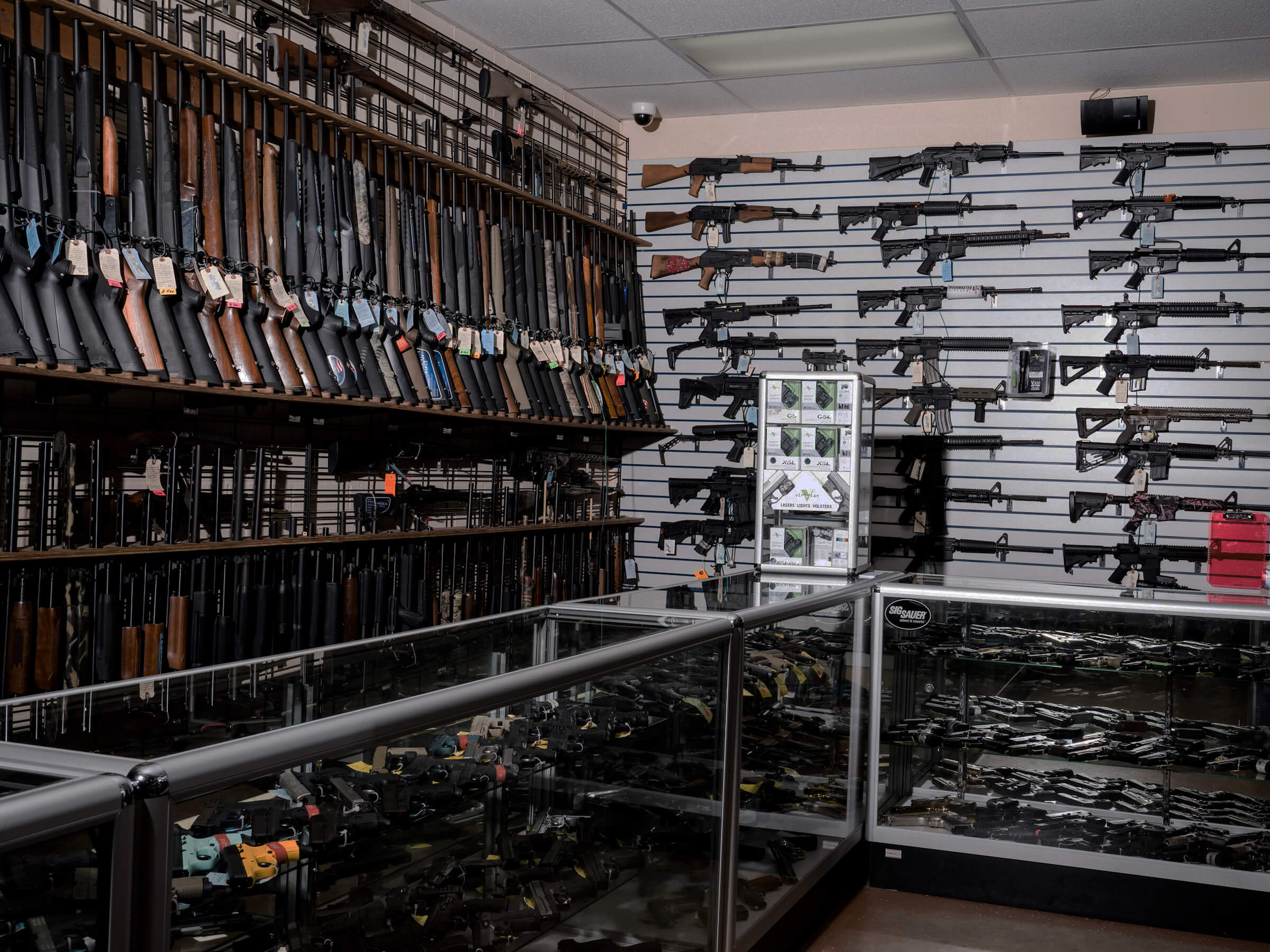This year, the New York City Police Department has grappled with a troubling spate of officer suicides: Nine officers have died by their own hand, nearly twice the department’s annual average. Four officers took their lives in June alone, each one with their NYPD-issued service weapon.
The suicides prompted Police Commissioner James O’Neill in June to call the situation a “mental-health crisis,” tweeting, “We must take care of each other; we must address this issue.” O’Neill has followed up by requiring officers to take a one-hour online suicide-prevention training course designed by the federal government to help officers spot signs of distress in themselves and their colleagues.
Now, City Council members are debating legislation that broadens NYPD access to mental health services. The bill, whose sponsors expect it to pass soon, would require the NYPD to provide dozens of trained clinicians to the force of 36,000; offer confidential wellness sessions once a year; roll out an annual interactive training on first responder mental health, and post mental health resources on its website. An NYPD spokesman told The New York Times this week that the department plans to add 50 therapists as a result of the bill.
Currently, the NYPD has no therapists on staff, Dr. Tom Coghlan, a retired detective who was assigned responsibilities as a psychologist, told The Trace. Instead, when an officer is referred for mental health treatment, they are told to find a therapist through their insurance provider. And the department’s current insurance, GHI, isn’t accepted by many physicians, NYPD Chief of Department Terence Monahan acknowledged last month.
Nationally, more police officers die from suicide in the United States than are killed in the line of duty. And this is the third straight year that more than 150 officers have died by suicide, according to Blue H.E.L.P, a nonprofit that tracks police suicide.
The relationship between guns and suicide poses a unique challenge for departments, since interacting with guns is an unavoidable part of the job. The City Council proposal, which the NYPD supports, doesn’t directly address gun access.
But according to one estimate, 90 percent of police officers who die by suicide use a firearm (versus half of suicides in the general population).
Eileen Echeverria, the sister of NYPD officer Robert Echeverria, who died by suicide on August 14, said she asked his supervisors many times to seize her brother’s service weapon in the months before his death. A few times, they did, only to return it to him days later, she told the Times.
In a committee report submitted on September 17, the bill’s sponsors addressed the reticence to disarm officers, acknowledging that many police departments “have been slow to expand access to mental health resources and to avoid policies that feel punitive, such as automatically seizing an officer’s gun and badge, or moving them to desk duty if they ask for help.”
The report argued that a stigma among police officers and other first responders often prevented them from getting necessary help. They wrote that the perception is that honesty around mental illness could be “career destroying.”
But privately, the lawmakers report, officers believe mental health care is important: According to a recent survey of first responders the report cited, nearly all agreed that “mental health is as important as physical health,” and nearly 90 percent believed that “those who receive counseling generally get better.”
“As we reach out to all of our NYPD officers and create a far-reaching new wellness program, we thank the City Council for its support in this vital mission,” Sergeant Jessica McRorie, an NYPD spokesperson, told The Trace. “We look forward to continuing our cooperation to ensure there is sufficient funding available to support the mandates that would follow if this bill becomes law.”
Former New York State Trooper John Violanti, who is now a research professor in the Department of Epidemiology and Environmental Health at the State University of New York at Buffalo, told The Trace that making clinicians available to officers is “a great idea.” He suggested going even further by mandating clinicians “to visit all stations at least once a month so any officer who wants can talk with them, confidentially.”
The Los Angeles Police Department has 16 therapists embedded in its force to provide outreach to officers, and psychologists hold private counseling sessions after traumatic incidents. Hundreds of officers are also trained in peer support. This proactive approach appears to be effective — the last recorded LAPD officer suicide was in 2017. NYPD staffers recently traveled to Los Angeles to observe the programs.
Violanti also reiterated alternative approaches he had previously shared with The Trace that directly address gun access. “Most police officers, if they’re going to die by suicide, they’re going to do it away from the station,” he said. “So maybe it’s a good idea that officers who are identified as having difficulties be allowed to keep their weapon while they’re on duty, but not take that weapon home.” That way, an officer is spared the shame of being stripped of his gun, Violanti said, which is the NYPD’s current policy with officers in crisis.
But Coghlan said that if officers experiencing psychological distress had access to weapons, even in a limited capacity, it could invite lawsuits if the officer discharged their weapon in the line of duty. He added that he’s “hopeful” the City Council bill will pass, but still recommended a radical shift in the way mental health is addressed within the department.
“What I believe will be effective is a root-and-branch tearing up of all current mental health and wellness policies,” he said. “New policies should be evidence-based, consistent with best practices in the field, and should be written, designed, implemented and overseen by a panel of mental health professionals that operates with autonomy.”

